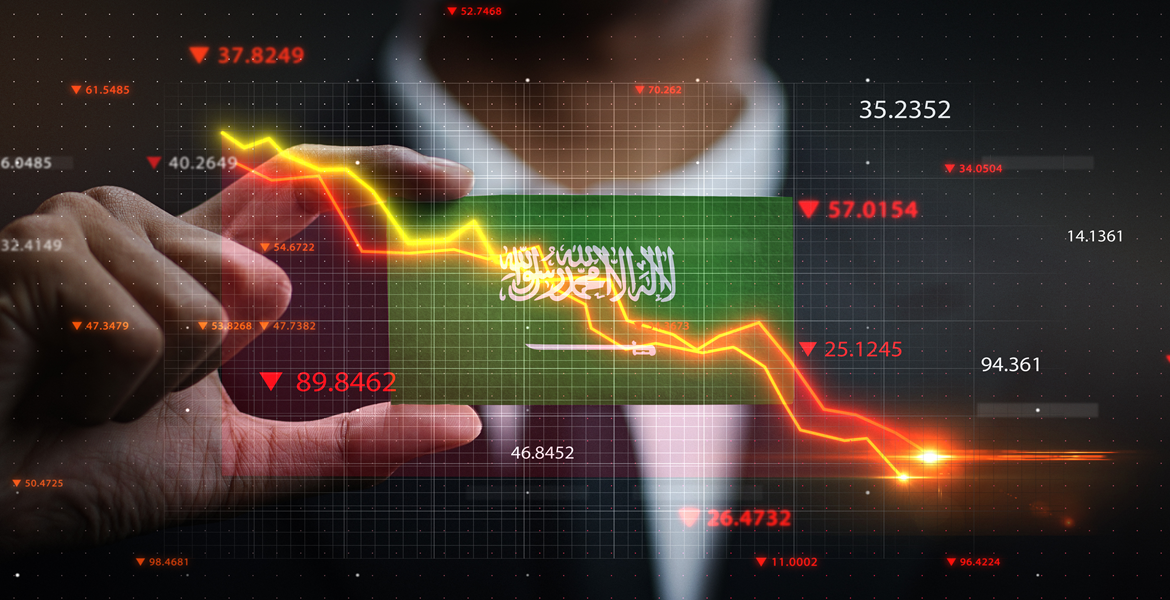
What Is Islamic FinTech? A Halal Revolution in Digital Finance
- Post by: wp-islamicfinancereviewcouk
- May 16, 2025
- No Comment
Introduction: A New Era of Faith-Based Finance
In a world dominated by technology and digital transformation, Islamic FinTech emerges as a beacon of faith-aligned financial innovation. As Muslims seek ethical, riba-free alternatives to mainstream finance, this sector is unlocking opportunities for inclusive growth, economic justice, and social impact.
But what makes Islamic FinTech truly Islamic? Let’s explore its core principles and how it is revolutionizing the global digital economy.
🔹 What Is Islamic FinTech?
Islamic FinTech refers to financial technology platforms and services designed in full compliance with Shariah (Islamic law). These include digital banking, P2P lending, investment apps, crowdfunding, and blockchain — all adapted to follow halal principles.
According to the Qur’an:
“O you who have believed, do not consume usury, doubled and multiplied, but fear Allah that you may be successful.”
(Surah Al-Imran, 3:130)
Islamic FinTech thus avoids:
- Riba (interest)
- Gharar (uncertainty/speculation)
- Haram investments (e.g., alcohol, gambling, weapons)
And it promotes:
- Mudarabah (profit-sharing)
- Musharakah (joint ventures)
- Waqf (endowments) and Zakat (charity-based funds)
🔹 How Islamic FinTech Differs from Conventional FinTech
| Feature | Conventional FinTech | Islamic FinTech |
|---|---|---|
| Interest-based? | Often yes | ❌ Not allowed |
| Risk-sharing? | Rare | ✅ Essential |
| Ethical filters? | Optional | ✅ Mandatory |
| Shariah board? | Not required | ✅ Required |
“Allah has permitted trade and forbidden riba.”
(Surah Al-Baqarah, 2:275)
Islamic FinTech is not just interest-free. It is based on a holistic economic framework that embodies the maqasid al-shariah — the higher objectives of Islamic law — promoting justice, fairness, and societal wellbeing.
🔹 Top Use Cases of Islamic FinTech
Islamic FinTech is enabling:
- Digital Banks (e.g., Nomo, Raqeem, Insha)
- Crowdfunding Platforms (e.g., Ethis)
- Shariah-Compliant Robo-Advisors (e.g., Wahed, Zoya)
- Halal E-Wallets (e.g., STICPAY Islamic)
- Blockchain-based Sukuk (like IDB and Malaysia’s Green Sukuk pilot)
📌 For more, read our upcoming post: Part 2 – Islamic Digital Banks and Financial Inclusion
📎 See also: What Is a Sukuk? Islamic Bonds Explained
🔹 Islamic FinTech and Shariah Governance
Every true Islamic FinTech solution is reviewed and approved by a Shariah Supervisory Board (SSB) — scholars who ensure:
- Contracts comply with fiqh al-muamalat
- Investments follow halal industry filters
- No revenue comes from prohibited sources
⚖️ This ensures transparency, compliance, and trust for the Muslim consumer.
“The trustworthy Muslim merchant will be with the prophets, the truthful, and the martyrs.”
(Sunan al-Tirmidhi, Hadith 1209)
🔹 Why Islamic FinTech Matters More Than Ever
📊 1.9 billion Muslims worldwide
📉 Over 70% remain unbanked or underbanked
📈 Islamic FinTech offers scalable solutions to:
- Empower women through microfinance
- Support refugees and displaced communities
- Boost halal investment access for youth
And importantly, it aligns with UN Sustainable Development Goals (SDGs) on financial inclusion and ethical development.
🔹 Further Reading & Resources (Internal & External Links)
📍 From IFR:
- Islamic Crowdfunding: The Rise of Ethical Finance
- Understanding Riba: Qur’anic and Scholarly Views
- Maqasid al-Shariah and Economic Justice
🌐 External Links:

